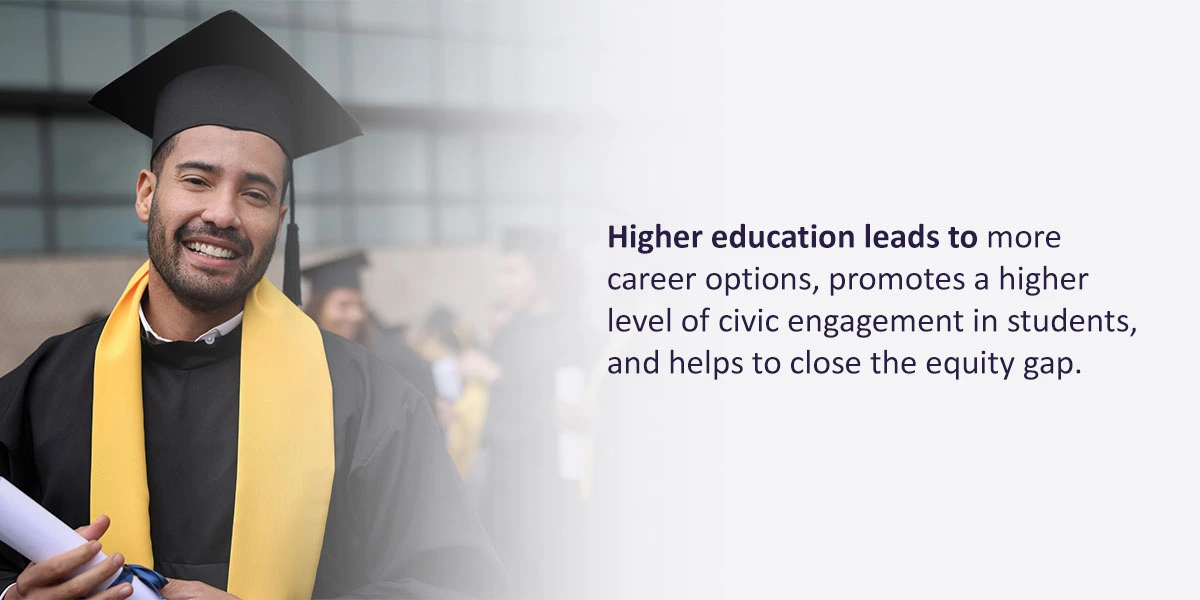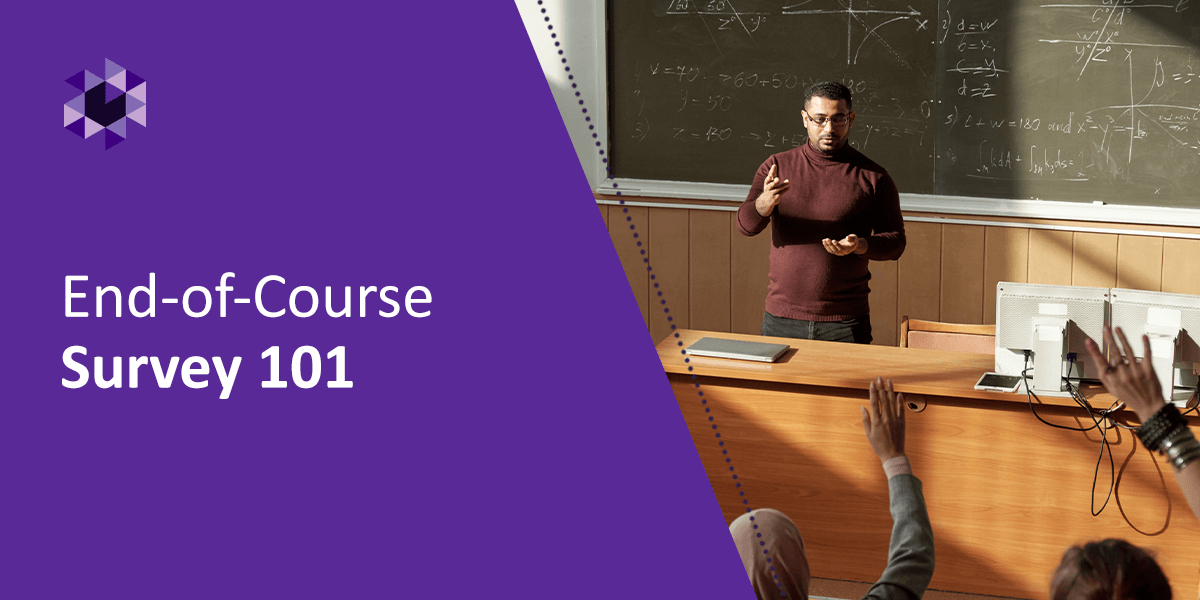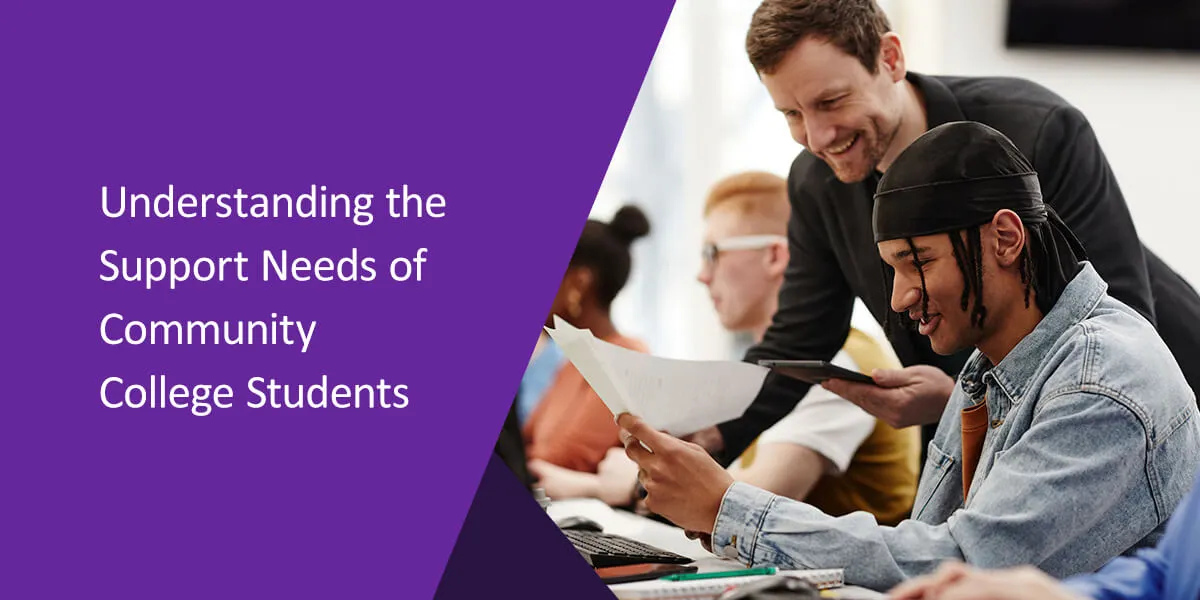



As higher education institutions have faced an emergency shift to remote learning, students and faculty have had to adjust to new ways of learning and teaching. One thing that remains constant — and perhaps has even more significance in this time of extreme change — is the vital importance of student feedback. Course evaluations offer an opportunity to learn how students are adapting, understand the challenges they face, and determine the effectiveness of course delivery and structure. While the evaluations conducted this term are measuring a completely different experience for both students and faculty, the continuity of the evaluation process is important to maintain the quality and effectiveness of the learning experience.
Many institutions are choosing to use the same survey instruments for their spring evaluations, with slight variations to address the impact of the pandemic. As schools consider their approach, it could be beneficial to conduct course evaluation surveys as usual but divide responses into pre-remote learning and post-remote learning sections. This will provide additional context for the results and account for the changes experienced as a result of COVID. Separate surveys could also be conducted to address specific concerns and issues resulting from the pandemic, leaving your course evaluations intact.
Surveys offer an opportunity to ensure students have the technical tools they need for remote learning and the efficacy of your institution’s remote services and IT capabilities. During planning discussions, Robyn Marschke, Director of Institutional Research at University of Colorado – Colorado Springs (UCCS), and her team considered additional questions about changes in grading policies, technology support, their home environment, and their wellbeing and comfort level. They also considered asking questions about what resources students need from the school. “From the student perspective, if they have broadband, if they’re on Wi-Fi, what sort of device they have, do they have a laptop,” Marschke said. “We were leaning toward additional questions that would reveal or result in actionable items so that the university could actually provide the resources.”
Recent research by EDUCAUSE indicates that institutions are finding creative ways to provide support to students as they navigate the transition to remote learning, and survey feedback can help determine what is most helpful. Some options include:
The mental health impact of coronavirus on students and staff is another important consideration. The pandemic is creating unique challenges related to time management, self-directed work, and the logistics of learning (internet access, finding a quiet location to work), in addition to increased stress outside of school. Consider questions that help your institution find ways to support students through the difficulties they are facing.
Another critical element to measure is the effectiveness of communication between your administration, faculty, and staff, and the student body. Pam Jones, Coordinator – Surveys & Credit Arrangements at Swinburne University of Technology (AU), adjusted the school’s end-of-semester course evaluation survey to address the changes that have occurred this term. “Rather than asking about the individual teachers, we are asking an overall teaching question, which is ‘I am satisfied with the communications received from my teachers,’” Jones said. “We are also asking about their satisfaction with their teaching during this period.”
UCCS also considered creating a separate survey for faculty. “We would have wanted to ask a lot of questions about what specific pedagogical changes faculty made, whether they delayed deadlines, changed their syllabi or the content of their course, and what sort of impacts that might have,” Marschke said.
Learning about the impact of coronavirus on your students can be as simple as adding one question to address the challenges that have arisen this spring. “Our open-ended question was along the lines of, ‘If you would like to make an additional comment for this course, particularly given the extraordinary circumstances of COVID this semester, please do so in the response box below.’” Christa Smith, Academic Effectiveness Analyst at Washburn University, said.
If you are looking to stand up a separate survey or add more detailed questions to your existing evaluation, EDUCAUSE has provided a set of survey questions that can help your institution measure and understand the impact of coronavirus on your students and faculty. The set includes student-centered, faculty-focused, and staff-oriented questions about the transition to remote learning, including:
The feedback you gather from the spring term can help you improve remote instruction in summer and fall. Watermark can provide additional advice and support in developing effective surveys and making adjustments to your existing course evaluation process. Contact our team for more information.





























































































































































































































































































































































































